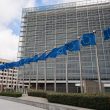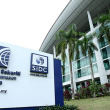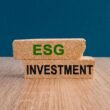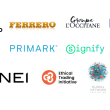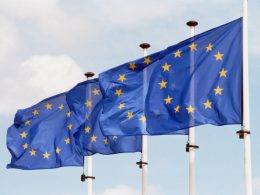The Securities Commission Malaysia (SC) has released ‘Navigating the Transition: A Guide for Boards (Board Guide), a simplified resource designed to help corporate boards adopt the National Sustainability Reporting Framework (NSRF).
Introduced in September 2024, the NSRF applies to listed issuers on Bursa Malaysia’s Main and ACE Markets, as well as large non-listed companies (NLCos) with annual revenues of RM2 billion ($444 million) or more. Compliance will be implemented in phases, allowing companies to adapt to the new requirements.
The NSRF integrates the IFRS® Sustainability Disclosure Standards, including IFRS S1 and IFRS S2, issued by the International Sustainability Standards Board (ISSB). These standards aim to ensure consistent and comparable sustainability-related financial disclosures across organisations.
Large companies with a market capitalisation of RM2 billion or more listed on Bursa Malaysia’s Main Market will begin implementation in 2025, further aligning Malaysia’s corporate practices with global sustainability standards.
The newly launched Board Guide offers simplified and practical steps for directors to effectively adopt the National Sustainability Reporting Framework (NSRF). It focuses on key areas such as strengthening governance to enhance oversight on sustainability-related matters, measuring and integrating sustainability risks into financial impact assessments, defining and managing sustainability data boundaries, and incorporating sustainability considerations into existing enterprise risk management frameworks.
“The NSRF is not a compliance tool, but a blueprint for embedding sustainability in corporate decision-making,” said SC Chairman Dato’ Mohammad Faiz Azmi. “With this guide, we are equipping boards to not only meet global standards but to lead with purpose and resilience in shaping a sustainable future for Malaysia.”
The NSRF’s alignment with international frameworks such as the ISSB standards highlights Malaysia’s ambition to adopt global best practices in corporate sustainability. By providing actionable guidance and capacity-building tools, the framework positions Malaysian businesses as leaders in transparent and responsible corporate governance.
To support the transition to the National Sustainability Reporting Framework (NSRF), the Advisory Committee on Sustainability Reporting (ACSR) has introduced the PACE initiative, which stands for Policy, Assumptions, Calculators, and Education. This comprehensive programme provides practical tools and resources, including an Interoperability Module to harmonise the Global Reporting Initiative (GRI) with IFRS Sustainability Disclosure Standards, illustrative sustainability reports to guide corporate disclosures, and the NSRF Preparers’ Programme to build organisational capacity for effective sustainability reporting. By addressing knowledge gaps, the PACE initiative ensures organisations can meet NSRF requirements efficiently and confidently.











